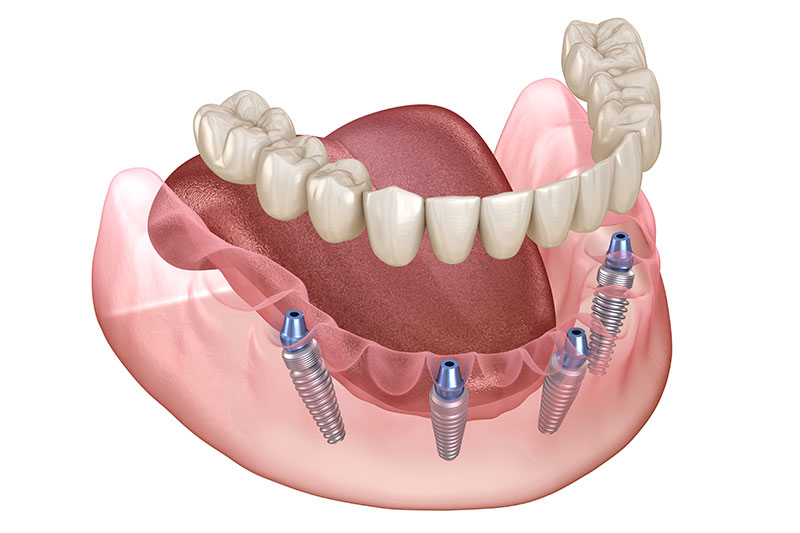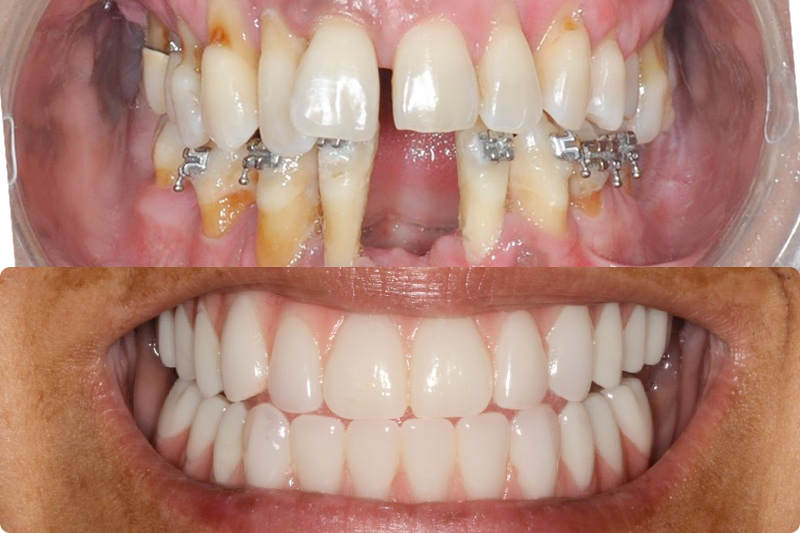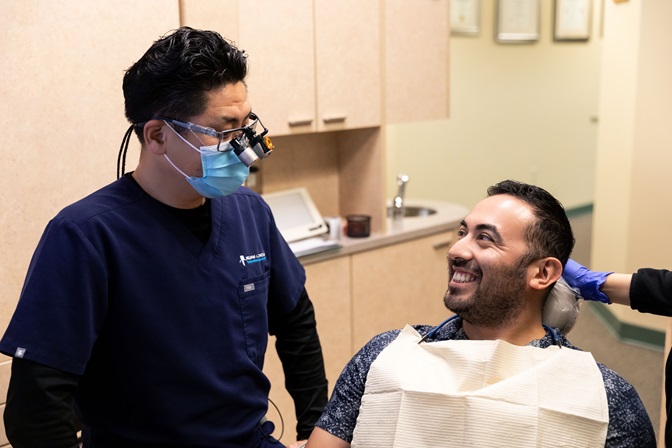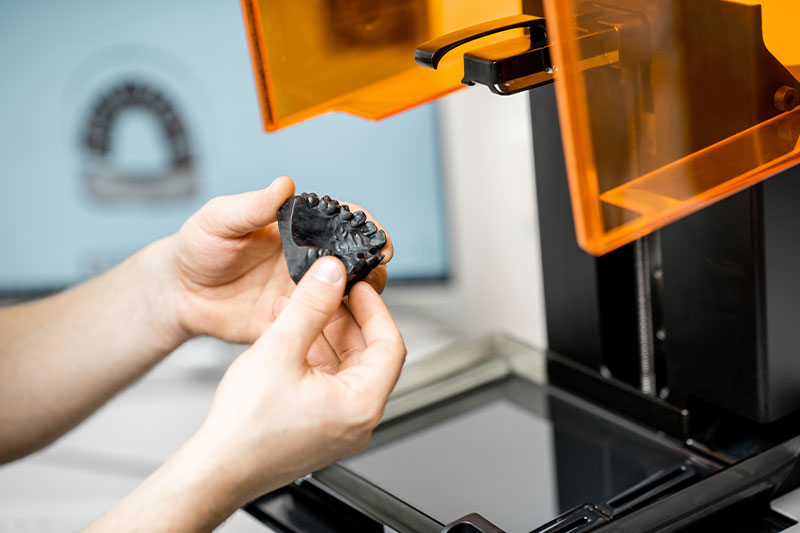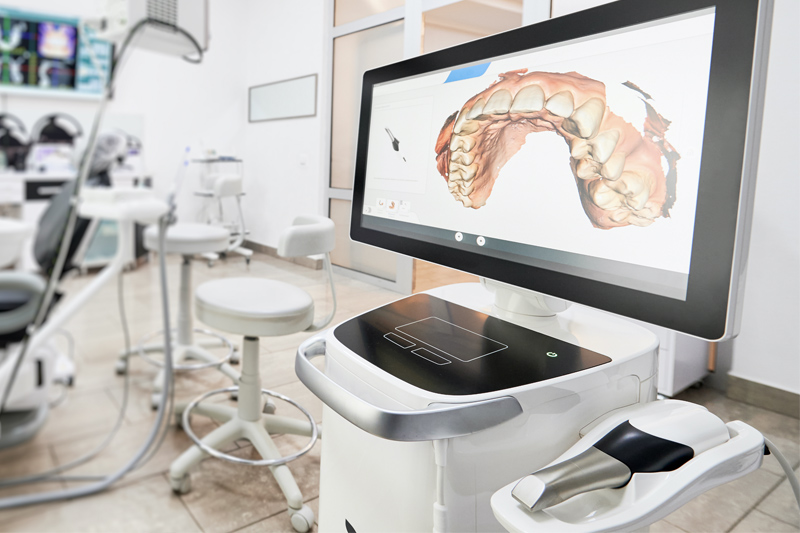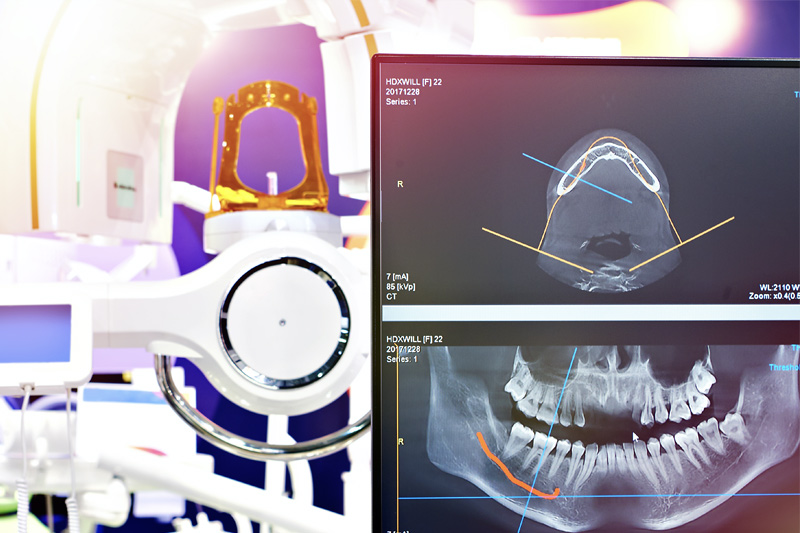Specialty training and experience matters. Dr. Cho is a board-certified periodontist with specialized training and has over 20 years of experience in periodontal and dental implant treatment. His deep understanding of periodontal and dental implant treatment and commitment to continuing education ensures you receive the best possible care.
All on X Dental Implants
We can offer you the right All on X implants to improve oral health and general well-being.
Learn more


